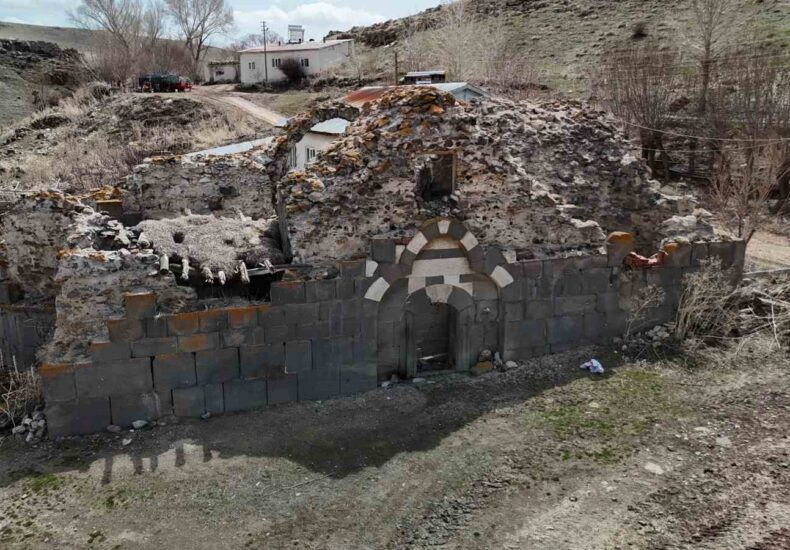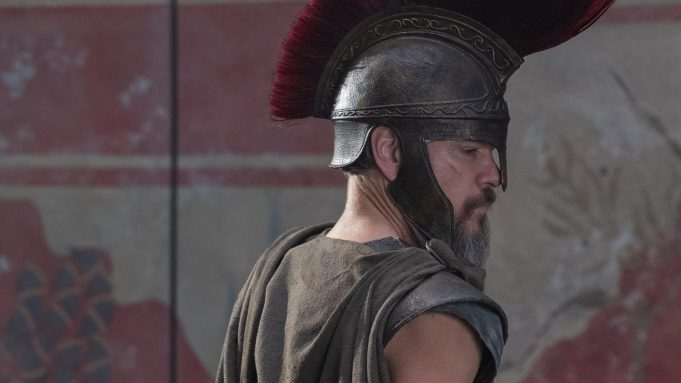A striking painting captures the dramatic moment of Julius Caesar’s assassination—surrounded by Roman senators in flowing togas, their daggers raised in chaotic unison. According to historical accounts, Caesar’s last words were spoken not in Latin but in Greek: "Kai sy, teknon Brute?"—"You too, child Brutus?" But why did he choose to speak Greek in his final moments?
The Assassination of Julius Caesar
On March 15, 44 BCE, Julius Caesar entered the Senate for what would be his final meeting before departing for military campaigns. Ancient historians, particularly Plutarch and Suetonius, describe the dramatic sequence of events leading to his death. As he arrived, the conspirators split into two groups—one standing near him and the other positioned by his seat.
Tillius Cimber, supported by several senators, approached Caesar under the pretense of pleading for his exiled brother’s return. When Caesar refused, Cimber aggressively grabbed his toga—a signal for the attack to begin. Casca struck first, stabbing Caesar in the neck, though the wound was not fatal. Shocked, Caesar reportedly grabbed Casca’s knife and asked, “What are you doing?” Panicked, Casca called for help, and the other conspirators took turns stabbing Caesar.
Brutus, whom Caesar likely regarded as a son, delivered the final blow—a deep stab to the groin. According to the physician Antistius, who later examined the body, only one wound—the stab to the chest—was fatal. Plutarch adds that Caesar collapsed at the base of Pompey’s statue, a deeply symbolic moment, as Pompey had been his greatest political rival. Some believe Caesar deliberately fell there, while others suggest he was dragged by the conspirators.
Brutus and Julius Caesar: A Complex Relationship
Caesar had once been romantically involved with Brutus’ mother, Servilia, who was married at the time. Historians such as Suetonius and Appian confirm this relationship, and Plutarch even suggests that Caesar may have believed Brutus to be his illegitimate son, given their close bond.
Brutus had been a trusted protégé of Caesar, who not only pardoned him after the civil war against Pompey but also granted him prestigious positions, including the governorship of Cisalpine Gaul. Despite his initial opposition to Caesar, Brutus eventually became part of his inner circle.
However, Brutus ultimately led the conspiracy to assassinate him, believing that Caesar’s rising power—culminating in his appointment as dictator for life—posed a threat to the Roman Republic. In his mind, he was defending the ideals of democracy against what he saw as the looming danger of monarchy.
Caesar’s Last Words and the Role of Greek Culture
The phrase "Kai sy, teknon Brute?" has come to symbolize an unexpected betrayal by someone deeply trusted. Shakespeare later popularized the Latin version, "Et tu, Brute?", forever associating those words with Caesar’s death.
While Shakespeare’s version became widely known, earlier sources—including Suetonius—suggest that Caesar actually spoke in Greek: "Kai sy, teknon?" ("You too, my child?"). This phrase conveys a profound sense of personal betrayal.
Suetonius speculated that Caesar’s choice of Greek was intentional, emphasizing the emotional weight of Brutus' betrayal. Greek was the language of the Roman elite, commonly used in philosophy, diplomacy, and literature. For a man of Caesar’s intellect—who was fluent in Greek—it would have been a natural choice for expressing his deepest emotions in his final moments.







